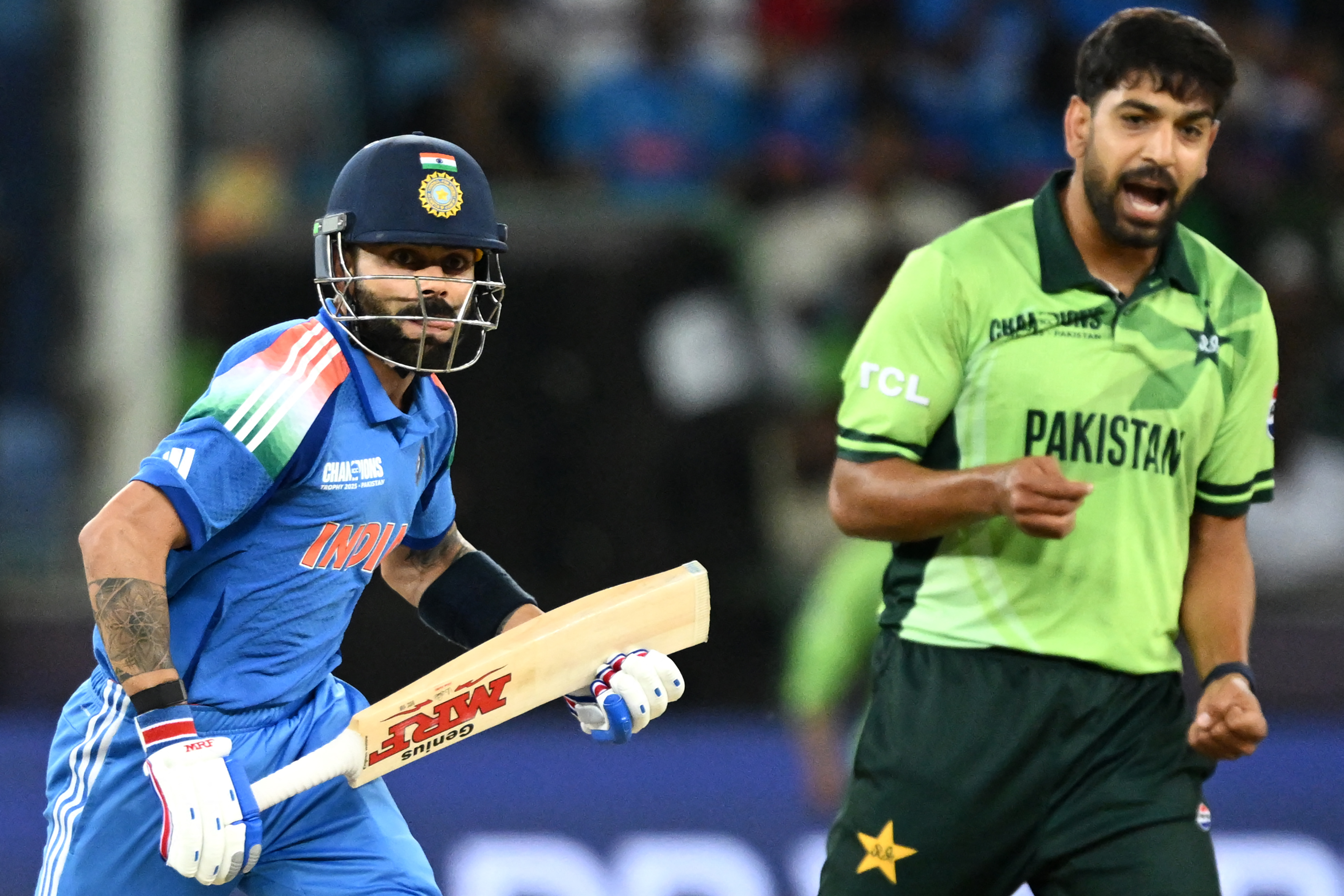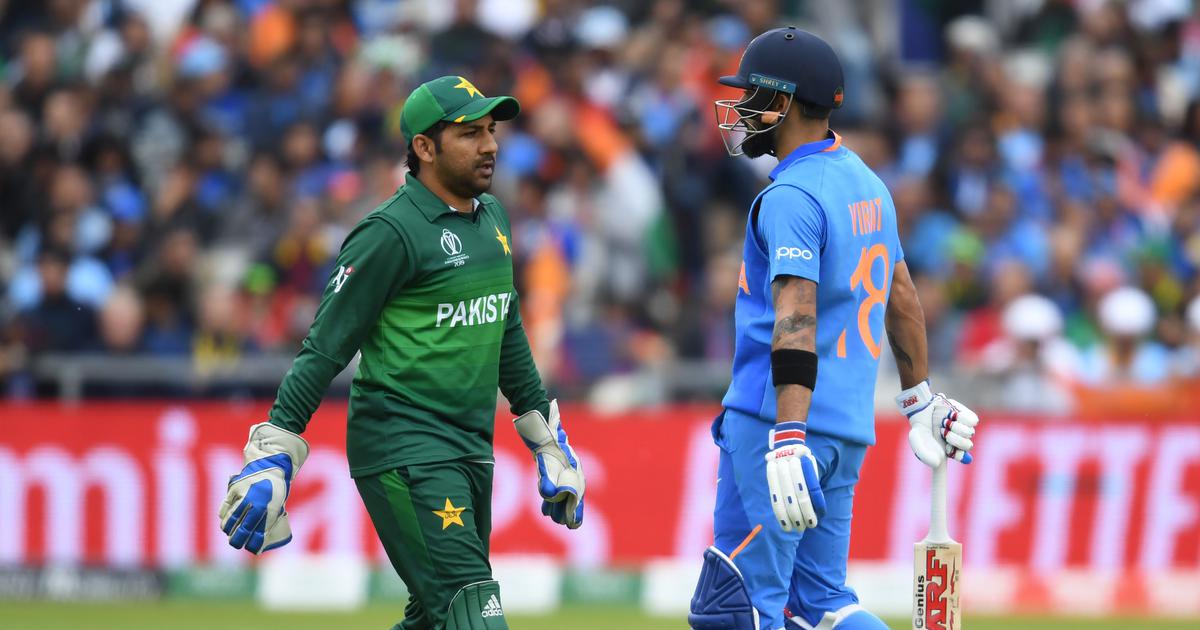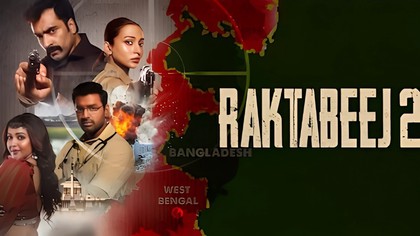The buzz around India vs Pakistan cricket matches is usually electric. But this time, what should have been a moment of sporting excitement has turned into a firestorm of public anger and emotional resistance. Scheduled to take place on September 14 as part of the Asia Cup, the match is now at the center of a growing national movement led by the hashtag #BoycottAsiaCup. This protest is not just about cricket. It is about timing, symbolism, and the unresolved wounds of a country still grieving the loss of 26 soldiers in the recent terror attack in Pahalgam.

The attack, which stunned the nation and triggered Operation Sindoor in response, has changed the tone of national sentiment. Many citizens believe that playing cricket with Pakistan so soon after the tragedy undermines the gravity of what happened and disrespects the memory of those who laid down their lives. For them, the cricket pitch has become a battleground of values, not just sport.
The public’s outrage has swiftly moved from social media to mainstream discourse. The hashtag #BoycottAsiaCup has gained massive traction, drawing millions of posts from users urging fellow citizens to skip the match. Influencers, celebrities, and social commentators are voicing their concerns, and the wave has now reached Parliament, where several leaders have spoken out strongly against the decision to proceed with the match.
Even figures from within the cricketing world have not remained silent. Former Indian captain Mohammad Azharuddin has publicly stated that India should not play Pakistan under the current circumstances, echoing the view that sports cannot exist in isolation from ground realities. There is a growing belief that continuing with this fixture could send the wrong message at a time when the nation demands accountability and solidarity.

Caught in the eye of this storm is SonyLIV, the exclusive streaming partner for the Asia Cup. The platform had positioned the India vs Pakistan clash as its crown jewel, expecting sky-high viewership and a surge in advertising revenue. But the narrative has flipped overnight. Now, with the boycott calls gathering force, SonyLIV faces the risk of widespread user disengagement. Advertisers, once eager to capitalize on the match’s reach, may pull back in fear of backlash or underperformance.
The financial implications could be serious. SonyLIV reportedly invested a significant amount to secure streaming rights, banking on India vs Pakistan to deliver blockbuster numbers. A substantial dip in viewership due to protests would not only impact revenue but also affect brand credibility and future investments.
This controversy comes at a time when Indian audiences are already growing disillusioned with entertainment platforms prioritizing profit over public emotion. Many feel that the entertainment and sports industries must be more in tune with national consciousness. With the anger still escalating and no signs of the backlash cooling down, the match now hangs in a deeply uncomfortable space between patriotism, politics, and profit.
The Asia Cup is not just a tournament this year. It has become a test of values, where every decision carries weight beyond the boundary line. As the countdown to September 14 continues, the only certainty is that this match will be remembered not for the scorecard, but for the sentiments it stirred across the country.
For more on how streaming, sports, and culture collide, follow Binge Moves on Instagram and Facebook.











